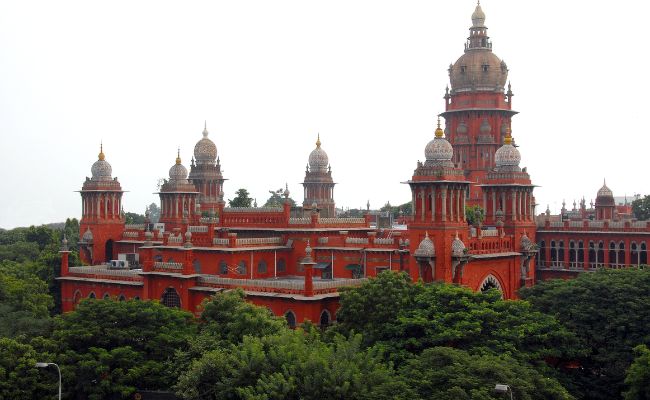Case Title: R Sasikala Devi v The AAO/ Assistance Secretary and others
Citation: 2024 LiveLaw (Mad) 33
Summary
The Madras High Court has ordered the SBI Life Insurance Company to pay a claim amount to the family of a man who missed premium payments due to hospitalization. The non-payment was attributed to the insured’s hospitalization, treatment, and later death, according to Judge SM Subramaniam. Ramesh, the spouse of the petitioner, had paid the premiums on time between October 2017 and January 2020. However, Ramesh’s health deteriorated in February 2020, leaving him immobile and unable to carry out daily tasks. The insurance company argued that Ramesh was not entitled to the covered sum due to his neglect, leading to the claim being properly denied. The court deemed the situation exceptional and ordered the insurance company to pay the debt in full within four weeks. The court also noted that the insurance company could use its discretionary powers to intervene and lessen the situation.
About the case
Recently, the Madras High Court ordered the SBI Life Insurance Company to pay the claim amounts to the family of a man who had missed premium payments due to hospitalization.
The non-payment was due only to the insured’s hospitalization, treatment, and later death, according to Judge SM Subramaniam, who further noted that the default was neither deliberate nor willful. Ramesh, the spouse of the petitioner, purchased a Rs. 18,40,000 life insurance policy and paid the payments on time and without fail between October 2017 and January 2020.
Ramesh’s health deteriorated in February 2020, leaving him immobile and unable to carry out daily tasks. Following his hospitalization, Ramesh passed away in March 2020.The insurance company disagreed, arguing that Ramesh was not entitled to the covered sum because he had neglected to pay premiums for the months of February and March 2020.
As a result, the claim was properly denied. It was additionally argued that there was no infirmity because the coverage had expired. The petitioner’s husband’s illness and hospitalization were the reason for the premium payment default, the court observed. The court further stated that it was unreasonable to expect the insured to pay the outstanding premiums on time while the family was experiencing financial hardship. The insurance company was required to adhere to the court’s terms and conditions, but the court also stated that the firm could use its discretionary powers to intervene and lessen the situation. Determining that the situation was exceptional, the court noted that the petitioner was qualified for the remedy based on equity. As a result, the court ordered the insurance firm to pay the debt in full within four weeks.


